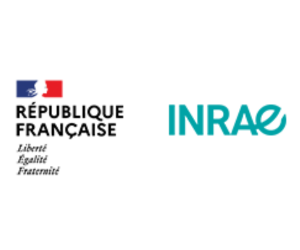
PHENOME-EMPHASIS/Phenome-INRAE
French plant phenomic Infrastructure
- Description
- Description
Phenome-Emphasis is an infrastructure coordinated by INRAE, its main academic contributor, and is listed on the national roadmap of infrastructures. It serves as the French counterpart to Emphasis, the European ESFRI infrastructure project.
This infrastructure provides the scientific community with methods capable of characterizing panels of genotypes from major agronomic species under various environmental scenarios related to global changes, with high throughput (analyzing thousands of plants or micro-plots), and compatible with genetic analyses.
Phenome-Emphasis consists of 11 installations across nine sites in France, including:
- Four platforms for detailed root and leaf system analysis under different climatic scenarios and biotic pressures (Angers, Dijon, Montpellier, Toulouse),
- Two highly equipped field platforms with rain shelters and CO2 enrichment devices (Clermont, Ouzouer-Le-Marché),
- Three fields equipped for high-throughput genetic analysis in natural conditions (Dijon, Montpellier, Toulouse),
- Two omics platforms for product quality characterization through metabolite and biochemical composition analysis (Bordeaux and Nantes).
The plant community, including public research, industry professionals, seed companies, and agro-suppliers, has access to field and controlled-environment platforms capable of managing and analyzing traits of thousands of plants and their environment. Since its launch in 2012, the project has:
- Developed new imaging systems, environmental sensors, robots such as conveyor systems in greenhouses, phenomobiles, and drones in the field, as well as two platforms for plant metabolism characterization,
- Developed signal processing chains, statistical methods, and a common information system across the infrastructure to manage millions of data points from field and controlled conditions,
- Promoted the emergence of SMEs providing technologies or services.
Phenome-Emphasis has focused its efforts on analyzing the genetic variability of plant responses to climate change (drought, elevated CO2, high temperatures). Additionally, the infrastructure is now expanding its activities to agroecology, with equipment and methods for analyzing disease resistance, plant-microorganism and plant-insect interactions, as well as multi-species or multi-variety cover crops.
The infrastructure is funded under the PIA program until 2024.
Thematiques
Tags
Entities







